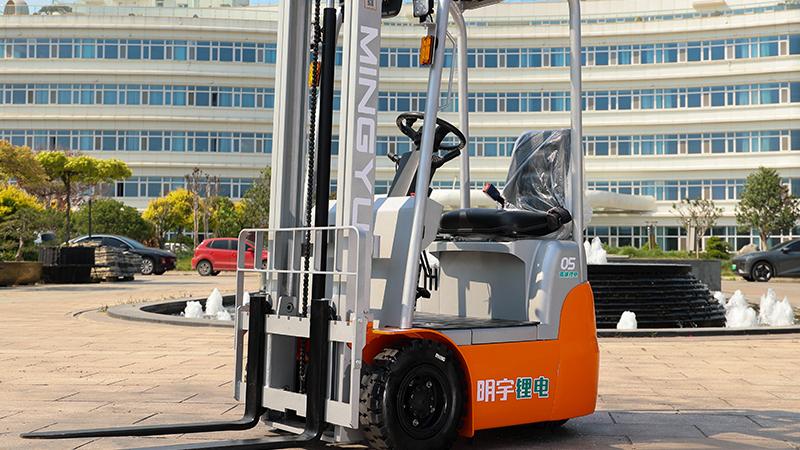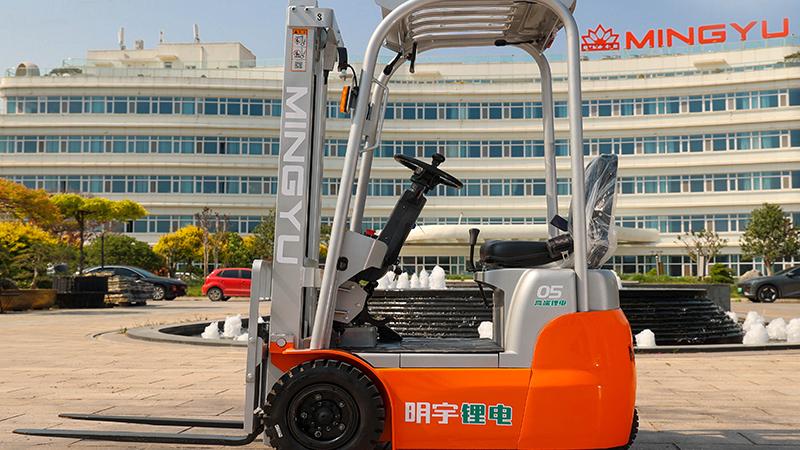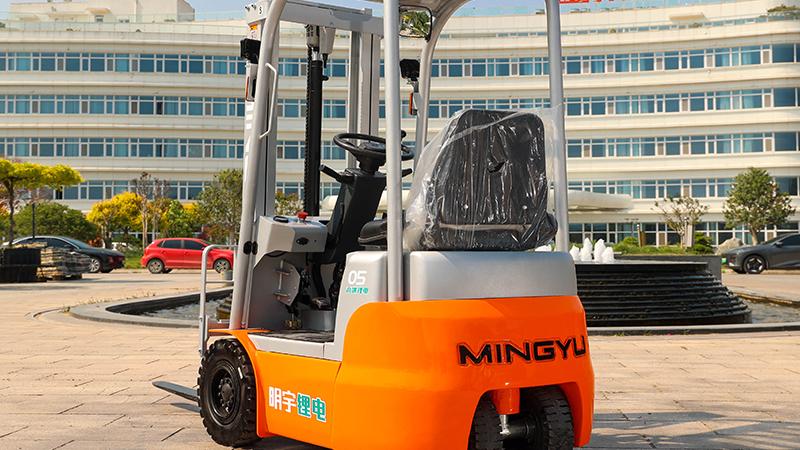The material handling industry is undergoing a significant transformation, driven by a global push for sustainability, rising operational costs, and stringent indoor air quality regulations. At the forefront of this shift is the rapid adoption of the electric forklift, which is steadily eclipsing its internal combustion (IC) counterparts in many applications. While traditional diesel and LPG forklifts still hold sway in specific rugged outdoor tasks, the advantages of electric models are proving to be overwhelmingly compelling for a vast range of warehouse, distribution, and manufacturing environments. The primary benefits of an electric forklift extend far beyond the simple fact that they plug into an outlet; they encompass profound economic savings, enhanced environmental performance, superior operator well-being, and advanced technological integration. Companies are increasingly recognizing that investing in an electric fleet is not merely an operational upgrade but a strategic decision that impacts the bottom line, corporate social responsibility goals, and overall workplace safety, making it a cornerstone of modern, efficient logistics.
From a financial perspective, the economic advantages of an electric forklift are compelling and multi-faceted, ultimately leading to a significantly lower total cost of ownership (TCO) despite a higher initial purchase price. The most evident saving is in fuel costs; electricity is substantially cheaper than diesel, gasoline, or propane on a per-hour operational basis. This cost differential becomes monumental over the lifespan of a forklift, which can be several years of intensive use. Furthermore, electric forklifts have far fewer moving parts and require less maintenance. There are no engine oil changes, spark plugs, air filters, or fuel filters to replace regularly. The primary maintenance concerns are the battery, brakes, and tires, leading to reduced downtime, lower labor costs for mechanics, and decreased spending on replacement parts and fluids. This operational efficiency translates into enhanced productivity, as machines are available for work more consistently. When these factors are calculated over a five to seven-year period, the TCO of an electric forklift often falls well below that of an IC engine forklift, providing a strong return on investment and freeing up capital for other business areas.
The environmental and operational benefits of choosing an electric forklift are equally transformative, particularly for businesses focused on sustainability and indoor air quality. The most significant environmental advantage is zero tailpipe emissions. This eliminates the release of harmful pollutants like carbon monoxide, nitrogen oxides, and particulate matter within the facility. This creates a dramatically healthier and safer work environment for operators and nearby employees, reducing health risks and improving overall morale. This emission-free operation is mandatory for companies handling food, pharmaceuticals, and other sensitive products where air contamination must be avoided. Additionally, electric forklifts operate with remarkably low noise levels compared to the loud combustion engines of IC models. This reduction in noise pollution minimizes operator fatigue, allows for easier communication on the warehouse floor, and prevents the need for hearing protection, contributing to a more pleasant and less stressful workplace. This quiet operation also enables businesses to function in noise-sensitive environments or during night shifts without disturbing surrounding communities.
Beyond the core economic and environmental perks, the electric forklift offers superior operator ergonomics and is a natural platform for the integration of cutting-edge technology. Electric models provide smoother acceleration and precise control, reducing jerky movements and making them easier to operate, especially for inexperienced drivers. This smooth operation also contributes to better load stability and less product damage. The absence of vibrations and engine heat improves operator comfort significantly during long shifts, reducing fatigue and increasing focus. Moreover, the advent of lithium-ion battery technology has supercharged the advantages of electric forklifts. Li-ion batteries charge faster, often opportunity charging during breaks is possible, and they require no watering or acid handling, eliminating dedicated battery rooms and associated maintenance hazards. Finally, the electric powertrain is perfectly suited for the Internet of Things (IoT) and automation. Fleet management software can easily monitor performance, energy usage, and maintenance needs, while automated guided vehicles (AGVs) are almost exclusively powered by electric systems, future-proofing operations and paving the way for the smart, connected warehouse of tomorrow.
Post time:Aug.26.2025



